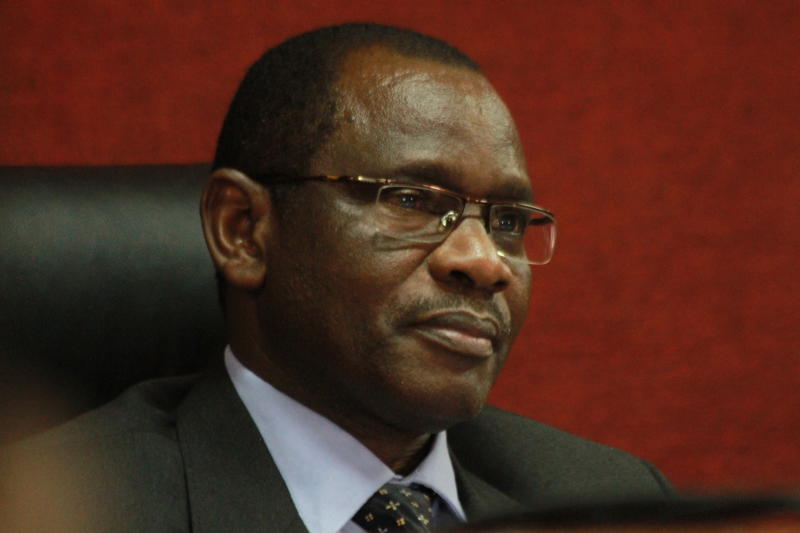×
The Standard e-Paper
Home To Bold Columnists

Members of Parliament yesterday laughed off threats by the salaries commission to recover Sh830 million paid to them in backdated house allowances. The MPs are emboldened by the fact that they have had their way on their welfare since 2013.
Salaries and Remuneration Commission (SRC) chairperson Lyn Mengich on Wednesday vowed to surcharge each MP the backdated Sh250,000 monthly house allowance, which she termed illegal.